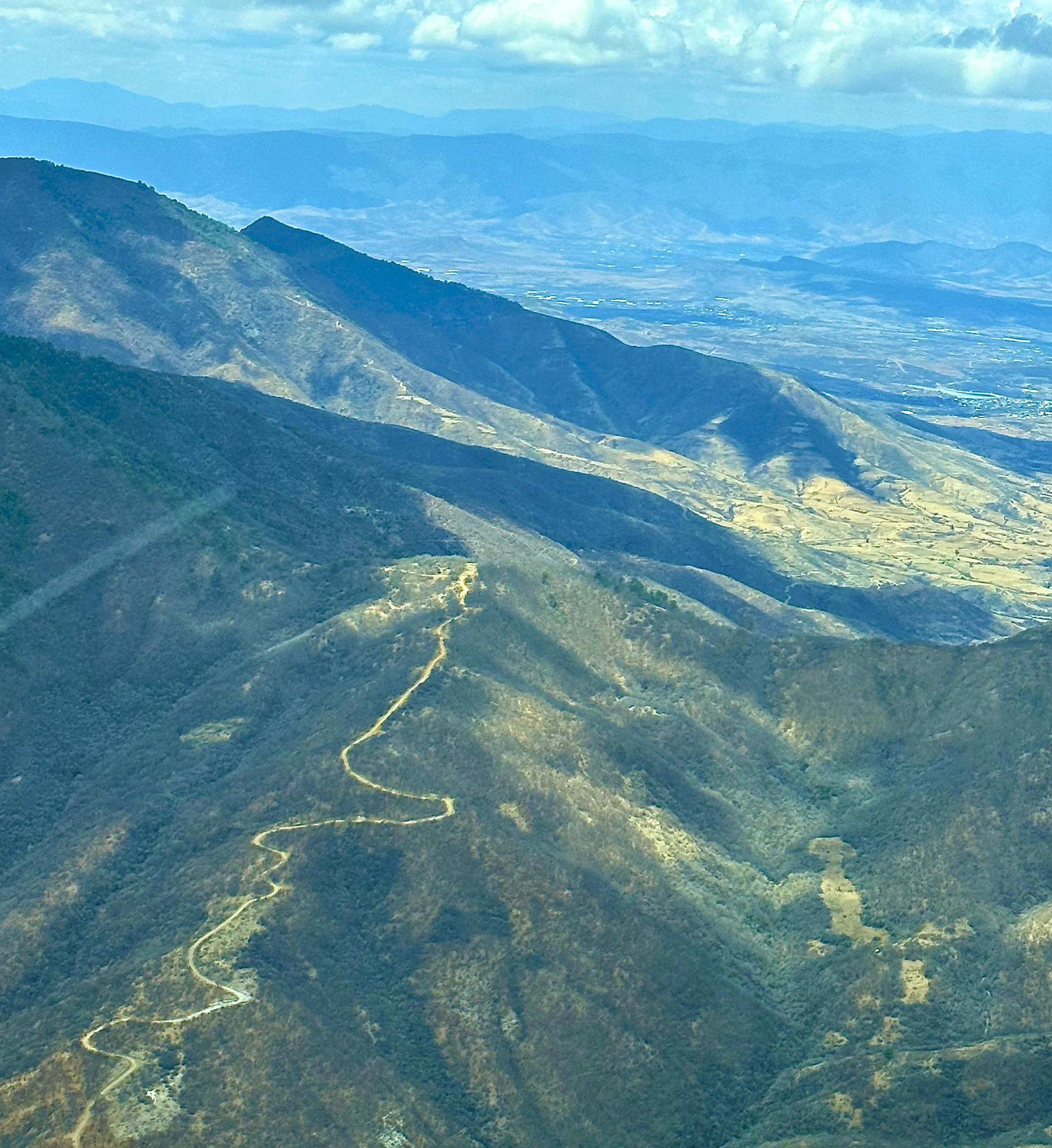Collective Fabulation Lab
Collective Fabulation is a space for transdisciplinary practice research, scholarship, and teaching and learning in and through narrative forms as exploratory and experimental ways of knowing, being and worlding. This approach centers processual story-making as critical praxis, rather than privileging storytelling as products or outcomes. Critical and collective Fabulation through artistic and practice-based research supports the creation of new knowledge that is methodological.
Collective Fabulation is a Lab at The New School, Parsons School of Design, supported by the School of Design Strategies. The Lab is organized by faculty, students and alumni of the Transdisciplinary Design MFA, and welcomes participation with aligned projects from across and beyond The New School.
Critical and Collective Fabulation
Ways of Being and Worlding
Fabulations are processual, emergent imaginaries. They are narratives that unfold and reweave. Collective fabulation, in terms of this practice research space, is conducted as knowledge in action. It is a method of ontological practice through myriad tactical and improvisational ways of being, relating and becoming with the world. Methodological approaches for critical fabulation are supported through transdisciplinary praxis and might engage cinema, sensory ethnography, reflection and reflexivity. Co-creating image-oriented narratives through participatory situated inquiries is inherently an embodied, emplaced, and collaborative transdisciplinary practice. Sensory ethnography affords ways to participate with people, things and situations beyond the limits of written or spoken languages.
Current projects experiment with expanded gestures of drawing, breaking from the fixity of the frame, the totality of documenting. The acts of drawing can productively confuse subject/object relationships–what is being drawn, to be drawn in, drawn with, or withheld. Fabulation explores the intricate interplay of futures remembered and imagined, experienced and made.
Fabulation might invite expanded notions of ghosts (drawing on the work of Avery Gordon), haunting as expressions of agents desiring to appear, demanding attention and longing for transformation (Gordon 2011). Ghost images might also provide ways of seeing and being within nonlinear time and through both discursive and non-discursive forms of exchange. Haunting invites the speculation of possibilities while rooted in the present and referencing the past. Ghosts serve to synthesize moments of crisis, or Krisis – the Greek etymology of crisis defined as extreme opportunity. Fabulation can unsettle forces of captivity, in terms of immobility–the feelings that arise from the “conflict between ‘They’re doing things to me,’ and ‘There’s nothing I can do about it,’” (Lepselter 2016).
Practice research through fabulation explores co-creative expressions as these might engage and expand the capacities of curatorial approaches and the function and understanding of archives. The use of images, as Azoulay and others have shown, can both erase and illuminate the complexity of personhood and the way this is shaped by larger and systemic forces. How might narrative artifacts serve to activate conditions for responsible actions through their creation and circulation, as was the promise of Third Cinema, within discursive and nondiscursive exchanges for serving responsible action? Images and narratives can contribute in powerful ways that redress the harm of the colonial archive and resist an imperialist framing of history, as Azoulay proposes, through approaches for potential history, “a form of being with others, both living and dead, across time, against the separation of the past from the present, colonized peoples from their worlds and possessions, and history from politics,” (Azoulay 2019).
references
Azoulay, A. (2019) Potential History: Unlearning Imperialism, Verso.
Gordon, A. (2011) Ghostly Matters: Haunting and the Sociological Imagination, Minneapolis: University of Minnesota Press.
Lepselter, S. (2016) The Resonance of Unseen Things: Poetics, Power, Captivity, and UFOs in the American Uncanny, Ann Arbor: University of Michigan Press.

